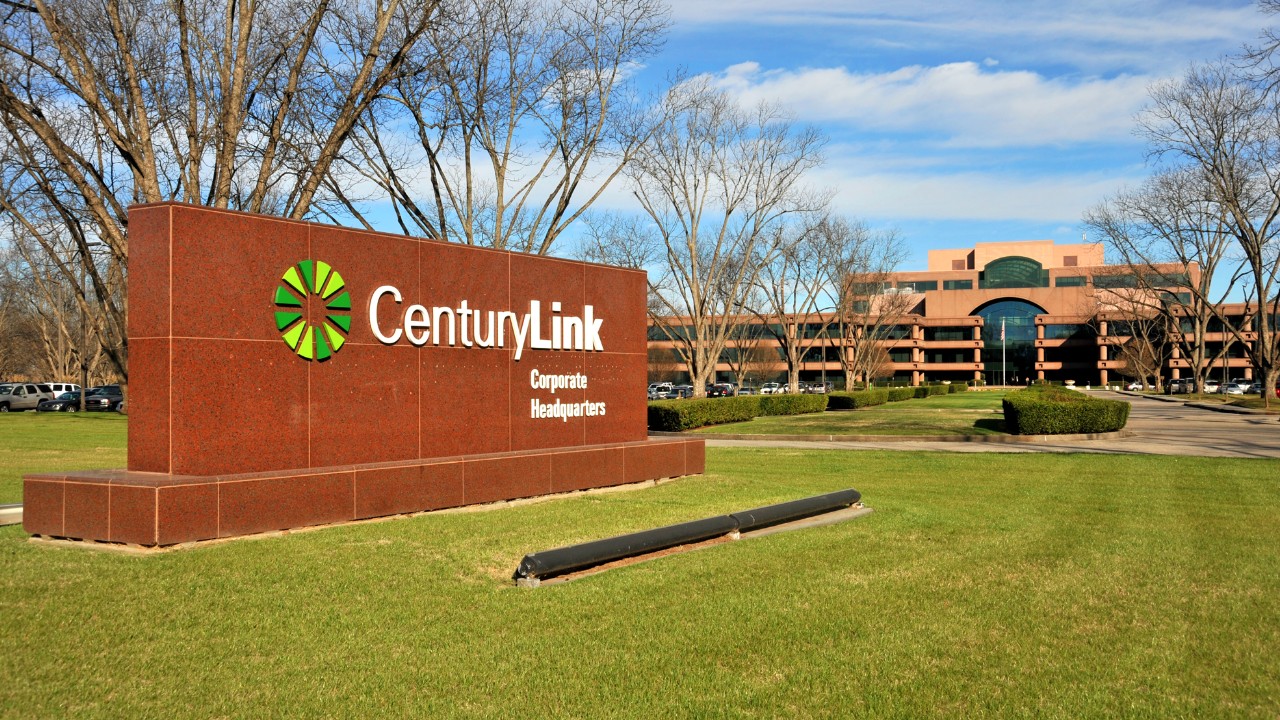The proposed $2.15 billion sale of CenturyLink’s data centers will not include the company’s cloud computing or managed services businesses that run in those facilities, CenturyLink said Friday.
There had been some question about whether the sale announced earlier this week would impact these other businesses. The company had indicated it would not, and has now officially said so. CenturyLink (CTL) will use the proceeds to help fund the $24 billion purchase of Level 3 and its fiber optic network business.
In a press release Friday disclosing the data center sale to a consortium including Medina Capital Advisors and Longview Asset Management, CenturyLink said it will continue to offer IT services, including managed hosting and cloud, though it will no longer own the data centers.
Get Data Sheet, Fortune’s technology newsletter.
Public cloud computing requires huge pools of servers, networking, and storage gear—all of which, in turn, require massive data centers. The three major public cloud providers—Amazon Web Services (AMZN), Microsoft (MSFT), and Google—operate their own data centers.
Over the past few years, CenturyLink acquired Savvis, Tier 3, and other companies to build its public cloud business, which ran out of its own data center facilities.
It is unclear how CenturyLink or Verizon (VZ), which is also exploring a data center sale, or many other companies can compete in public cloud given the resources that AWS, Microsoft, and Google (GOOGL) are pouring into their physical plants.
Those three giants, in aggregate, spend more than $20 billion a year on data center infrastructure, according to Bloomberg. It’s hard to see how telco companies—or really any other company outside of Facebook (FB) or Apple (AAPL)—could match that level of investment.












